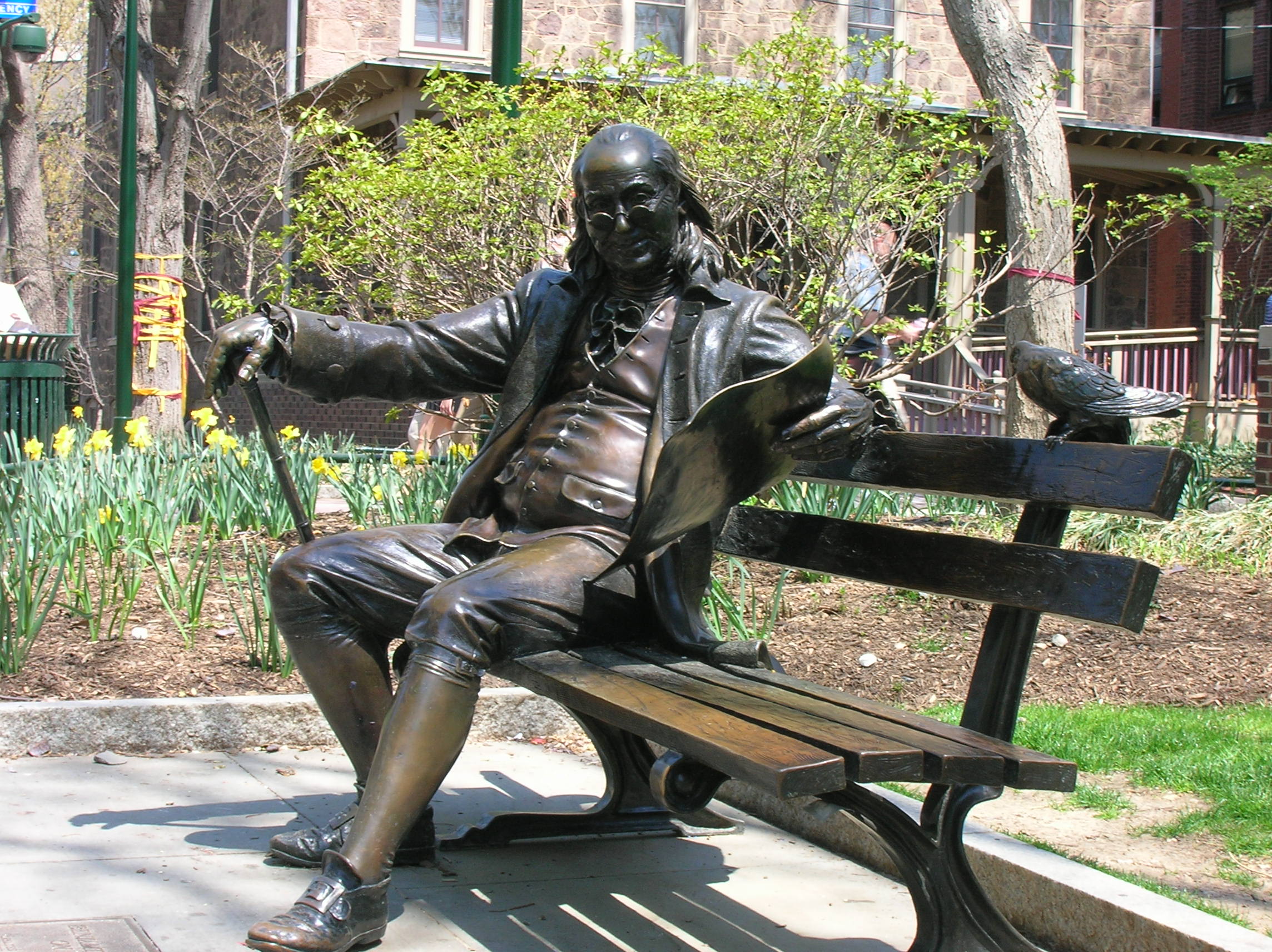Part 2 of a series on mentoring opportunities and programs
One of the best ways to prepare for life after Penn – as well as to help you make the most of your time at Penn – is to find a mentor. Use the Career Services Networking and Mentoring webpage as a great starting point.
Alumnae Anna Tiffany (EAS ’05), Scale-Up Engineer in the Coatings Technology Center at The Dow Chemical Company, volunteers her time as a Mentor through the Penn Engineering Mentoring Program. Below, she has kindly shared her top 3 tips to help students connect with their mentors….useful advice to help you add value to your experience at Penn…and beyond.
There are so many options available for Penn grads that to decide what direction to take can be stressful, exciting, and confusing all at the same time. The best way to understand your many options is to talk with someone who’s gone through it already. That’s where mentors come in; their role is to provide students with perspective and guidance on the many paths that lie before them. But what is the role of the mentee in the relationship?
In the best mentoring relationships, mentees are not idle sponges simply absorbing information from their mentors. Instead, mentees – just like mentors – are active participants. There are three things you can do as a mentee to ensure a successful mentoring relationship, and you have to start even before you contact your mentor for the first time. Before seeking a mentor, you must determine what it is you are looking to get out of the relationship. What do you hope to accomplish? Making a list of questions you’d like your mentor help you answer is a good way to start thinking about what you want from the relationship. Understanding this (and sharing it with your mentor!) will help guide your mentor’s efforts.
Once you have a mentor, the mentee should be the one to drive the relationship. Set up meetings (if possible), ask questions, and request feedback. At the same time though, be respectful of the mentor’s time. The level of communication needed for each relationship is different, but it would probably not be appropriate to contact your mentor every other day. On that note, communication can either be regular (say once a month) or on an as-needed basis. It’s really up to what you need, but the frequency should be established at the start of the relationship. With my mentors, I like to switch between regularly scheduled meetings and as-needed ones, changing as my needs change.
Finally, as the relationship advances, keep your mentor informed with your progress, particularly about topics you’ve discussed. We want to know how you’re doing- we wouldn’t invest our time in you otherwise! Plus, the more your mentor knows about your interests, the more helpful they can be.
So to sum it all up, decide what you want, drive the relationship, and keep in touch. These three things will help you get the most out of your mentoring relationship. And who knows, you might end up with a life-long friend in the process.



This is extremely valuable advice. Relationship building is very key to any career. Typically it is the soft skills such as building a relationship, communicating that are the most key to career advancement. Finding someone in your field and being able to use them as a sound board is very important. However, do not forget to stay in touch with your peers as having a solid network that you stay in contact with on a regular basis is priceless.